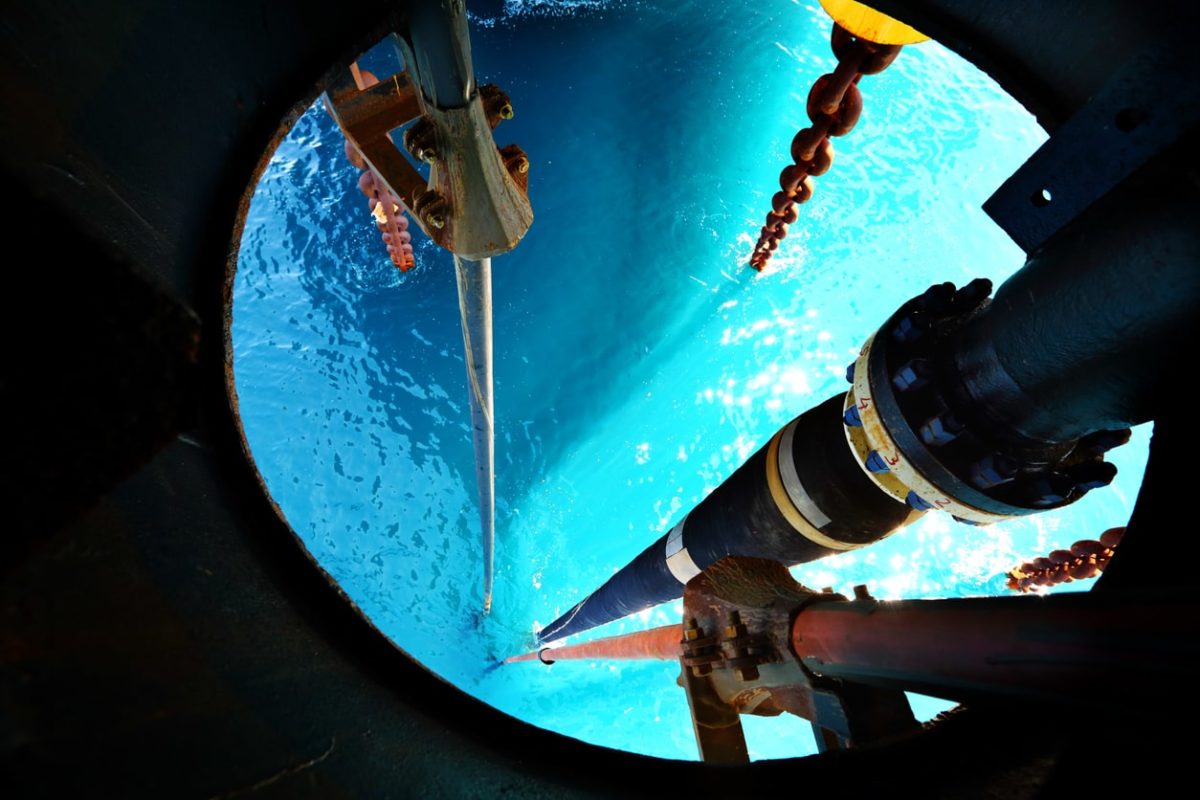
Nearly half of the U.S. population relies on groundwater as their main source of drinking water. In more rural areas, this number nears 95 percent. The groundwater, an important part of freshwater supply in the United States, is found in porous rocks that lie close to the ground flood, with some of the deepest aquifers being found more than 6,000 feet underground.
But even if these aquifers find a home thousands of feet below the earth’s surface, their distance below pales in comparison to many of the largest oil and gas deposits. As a result, oil and gas production includes the necessity of drilling through these aquifers to access the oil and gas further below.
With this in mind, it’s important for those in the oil and gas industry to understand the importance of the care that needs to go into drilling through these aquifers and the risks they take every time they perform this act.
Groundwater Protection
Techniques to protect groundwater during the drilling process have played a major role in protecting environmental and human health during the production process that oil and gas companies use. The potential for aquifers to be tainted due to this process, being impacted by methane or hydraulic fracturing fluid, has not only led to research in the mechanisms of drilling but has brought to the surface major fracking-related lawsuits.
In a new lawsuit brought by conservation groups in California, filed in U.S. District Court in Los Angeles, the Bureau of Land Management is targeted for violating federal law by failing to consider drilling through groundwater and its potential harm to public health and recreation in the area.
Whether it’s a government agency or a private company that practices water treatment for oil and gas industry, groundwater operations insurance can help to limit risks and provide the means to take care of settlements and legal matters. But before these legal matters come up, it’s vital that these companies try to limit exposure to risk through groundwater protection.
Preventing Leaks
One of the main ways that groundwater contamination occurs during the oil and gas drilling process is if fluid spilled on the surface seep down into the groundwater. Oil and gas wells are built with steel pipes and cement barriers to prevent leaks from happening. Casing and cement also prevent any contamination of the well itself by material from the rock formations around it. However, leaks can happen and do happen if the steel casing or cement are damaged in some way, or if they were poorly constructed at the beginning.
According to the Environmental Protection Agency (EPA), the hydraulic fracturing process itself is not a major contributor to leaks in wells when it comes to oil and gas operations. In more recent studies this theory has been supported while also noting that spills on the surface are more common because of the large amounts of fluids that are handled near a well site.
States can reduce the risk of a well failure by making it a requirement that operators ensure wells are designed the proper way and constructed and maintained by enforcing standards. Standards should be updated on a regular basis to keep up with any new technologies in the space that come in time.
Sticking to strong industry-wide standards can help ensure that operators in the industry are following the best options for maintenance and management practices for wastewater storage. This can include engineering that accounts for possible failure in the future, making sure that construction complies to design and inspections.
About Watercolor Management
WaterColor Management has insured the water industry for over 30 years. Our policies include unlimited defense cost coverage in the event of a lawsuit against you. Call us at (256) 260-0412 or email info@watercolormanagement.com for a quick quote for your Water Business Professional, Products/Completed operations, Pollution and General Liability Insurance.




